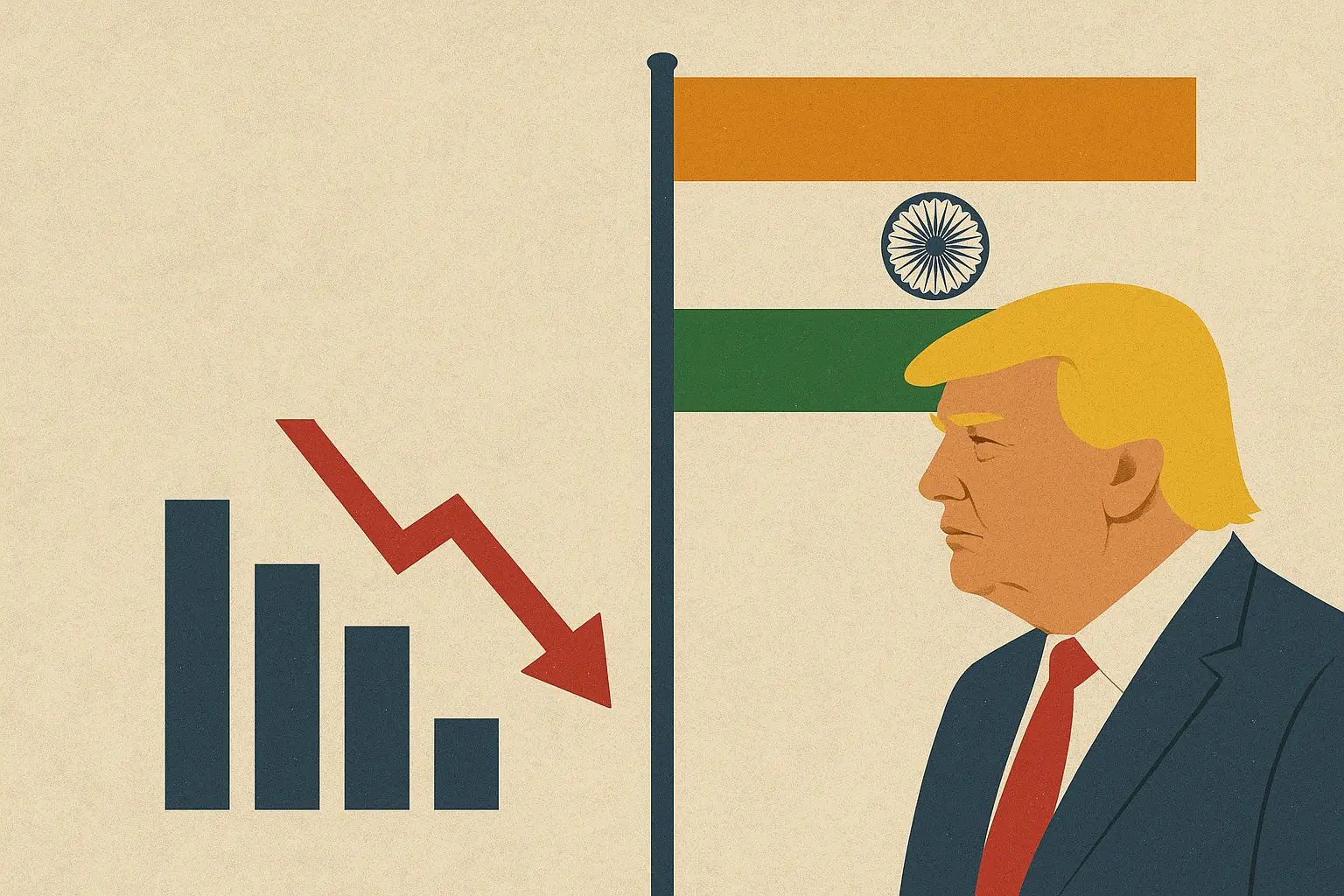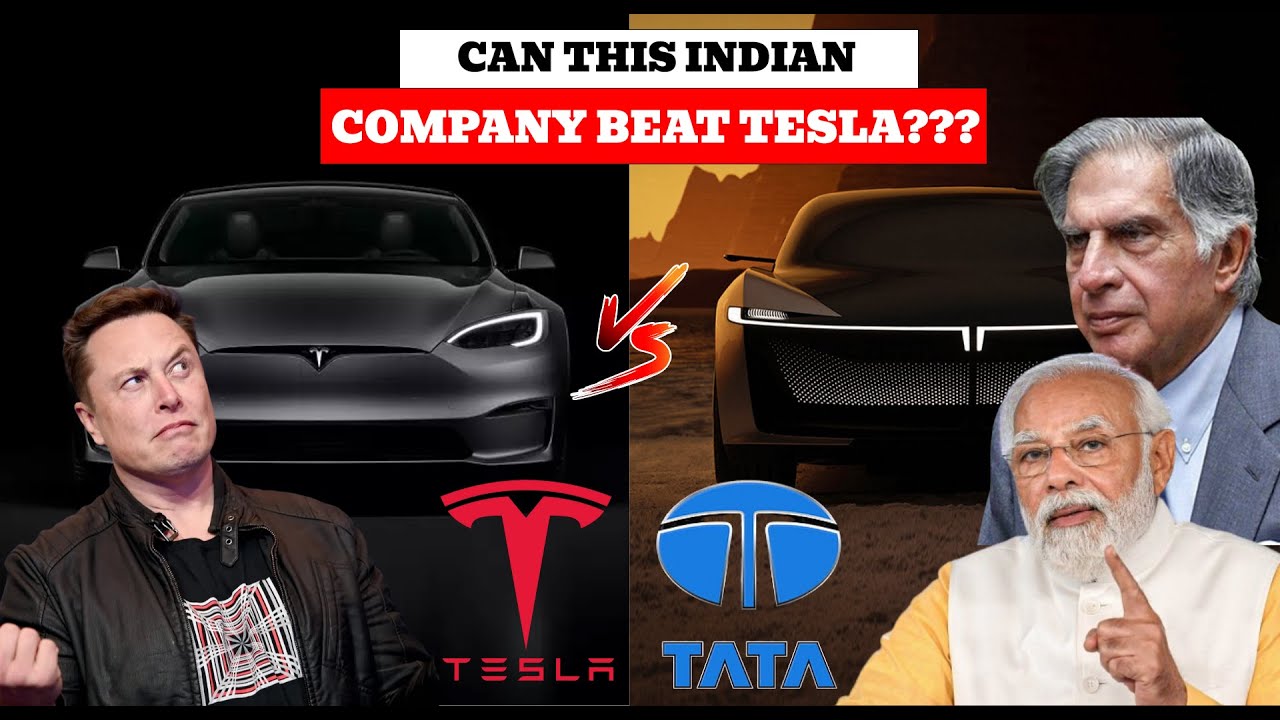For decades, Indian employees have powered through stress, anxiety, and burnout under the weight of a culture that glorifies overwork. But a quiet revolution may be on the horizon, inspired by a daring experiment in China. Earlier this year, South China Morning Post reported that Pang Dong Lai, a retail company in Henan, introduced “Unhappy Leave”—10 days off per year, no explanations required, simply because employees didn’t feel happy enough to work. The news, also covered by Money control and Business Standard, sparked a global debate about the future of humane work policies.
Category: Business & Finance
Not Louder Ads, but Fresher Connections: The Matcha Effect is India’s New Branding Mantra
The production of matcha tea has historically represented a commitment to authenticity and meticulousness in Kyoto. In the crowded digital landscape of India, professionals are keenly searching for that ideal blend of innovation, energy, and trustworthiness. Every company is competing for a limited chance in the smartphone screen market, ranging from beauty brands to food delivery apps. Traditional marketing approaches often struggle to keep pace in this competitive landscape. Introducing the Matcha Effect Model, an innovative framework designed to transform conventional brand development tactics for today’s digital landscape.
Tariffs ≠ Collapse: India’s Trade Journey through Trump-Era Tariffs
When the “America First” trade policy was declared by U.S. President Donald Trump in his previous term, he framed it as a move to protect U.S. workers from what he labeled unfair foreign competition. India, even as a long-time U.S. ally, found itself squarely in the crosshairs. Trump claimed that India charged high tariffs on American products while gaining preferential entry into U.S. markets. Such a disparity, he said, required a corrective measure. The tariffs did not come as a blanket measure initially but were developed incrementally through a series of increments.
Moonlighting: A Paradigm Shift in Indian HR Practices
As India undergoes transformative economic changes, it is witnessing a manifold development in its labour market and human resource practices. Shedding the shackles of the past, a substantial quantum of people are finding the idea of independent contract-based and freelance work appealing, marking the departure of typical 9-to-5 jobs. For starters, a decade ago or so, a job would mean getting a task done at a designated location where one would typically spend eight hours a day.
ESG: A Corporate Facade or a True Commitment?
Let me begin by asking you a question. How many of these boxes have you checked? A donation box right next to the billing counter, asking you to chip in for an NGO every time you visit the supermarket. Coffee cups with bold, eco-friendly labels declaring they’re made of recycled material, justifying those extra cents in charges. Every clothing brand telling you they’ve used “sustainable” cotton, while you pay a premium for it. Does this sound familiar?
Impact of Israel-Hamas and Russia-Ukraine Conflicts on Stock Markets
Geopolitical conflicts have the potential to impact global stock markets through various economic and financial channels. Disruptions to energy and commodity supplies, increased market volatility, and heightened economic uncertainty can all weigh on investor sentiment and stock prices. Additionally, the potential for these conflicts to escalate and draw in other regional or global powers could further exacerbate their impact on the financial markets.
Tata Motors should worry about BYD and Xiaomi and not Tesla
Concerns have been raised by indigenous automobile manufacturers, most notably Tata Motors, in response to the recent statement made by the Indian government on a new policy for electric vehicles (EVs). In particular, the policy includes a provision for decreased customs tax for global EV manufacturers such as Tesla. In spite of the fact that the strategy is designed to entice well-known electric vehicle manufacturers to set up production facilities in India, it also raises concerns over the possibility of rivalry and the consequent effects it may have on domestic companies. The Make in India project provides businesses with the option to import a considerable number of electric cars each year, allowing them to take advantage of a significantly reduced customs tax rate of 15%.






